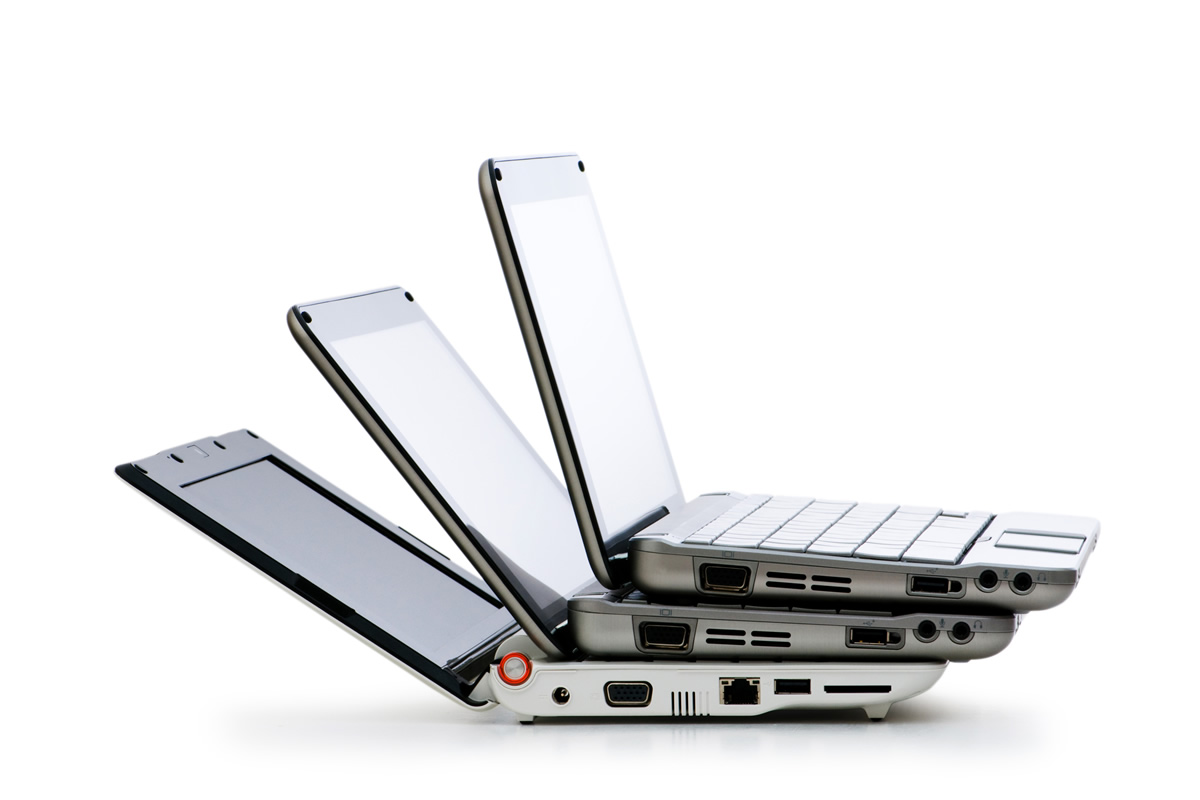Netbooks: Time to say no?
Something interesting is happening in the consumer notebooks market – and it's something that has implications for the enterprise market too.


Sign up today and you will receive a free copy of our Future Focus 2025 report - the leading guidance on AI, cybersecurity and other IT challenges as per 700+ senior executives
You are now subscribed
Your newsletter sign-up was successful
"Netbooks will be provisioned for specific types of user within an organisation who don't need performance they need mobility and the ability to create a certain level of content as well, which they can't do on smartphones or other, smaller devices."
For Atwal, it's not performance that puts the corporate IT buyer from opting for netbooks, as much as durability and long-term reliability. Most netbooks are built to a headline-grabbing cost, which inevitably has an impact on the construction, the safeguarding of criticial components and on those parts which every experienced IT professional will recognise as potential weak points, such as the hinges, the corners, the keyboard or the screen.
What Atwal sees happening is the adaptation of netbooks for the business market, with features like durability and managability key. Dell's Bohar would agree: "Some changes will be necessary on both the hardware and services side, in order to better address commercial customers." he suggests.
Category confusion?
So where does CULV fit in? Firstly, it's important to note that this is still primarily a consumer technology the clue is in the name (Consumer Ultra Low Voltage). Intel's aim with CULV is not to displace the netbook, but to bring the glamorous thin-and-light notebook down to an affordable price point.
Bohar backs this up, saying that "this new category is ideal for those customers who desire and prioritise thin and light form factor over system performance and commercial ready or IT-friendly features."
Toshiba's Chan, meanwhile, argues that CULV notebooks aren't necessarily competing with netbooks. For him, they're essentially still laptops, and "while affordable, they currently sit outside of what consumers would typically consider to be a netbook pricing bracket."
Sign up today and you will receive a free copy of our Future Focus 2025 report - the leading guidance on AI, cybersecurity and other IT challenges as per 700+ senior executives
In any case, Gartner's Atwal suggests that CULV notebooks face many of the same problems that netbooks do in entering the enterprise market. "You can't just take these products and sell them into the professional market" he says, adding that IT managers "want durability. They want management features. These are things you just don't have with consumer products, so there are changes that need to be made to bring these things up to professional grade."
Stuart has been writing about technology for over 25 years, focusing on PC hardware, enterprise technology, education tech, cloud services and video games. Along the way he’s worked extensively with Windows, MacOS, Linux, Android and Chrome OS devices, and tested everything from laptops to laser printers, graphics cards to gaming headsets.
He’s then written about all this stuff – and more – for outlets, including PC Pro, IT Pro, Expert Reviews and The Sunday Times. He’s also written and edited books on Windows, video games and Scratch programming for younger coders. When he’s not fiddling with tech or playing games, you’ll find him working in the garden, walking, reading or watching films.
You can follow Stuart on Twitter at @SATAndrews.
-
 Palo Alto Networks CEO hails ‘the end of identity silos’ as firm closes CyberArk acquisition
Palo Alto Networks CEO hails ‘the end of identity silos’ as firm closes CyberArk acquisitionNews Palo Alto Networks' CEO Nikesh Arora says the $25bn CyberArk acquisition heralds "the end of identity silos" for customers, enabling them to supercharge privileged access management.
-
 Google says hacker groups are using Gemini to augment attacks
Google says hacker groups are using Gemini to augment attacksNews Google Threat Intelligence Group has shut down repeated attempts to misuse the Gemini model family
